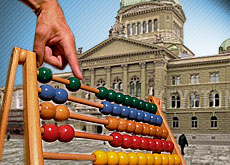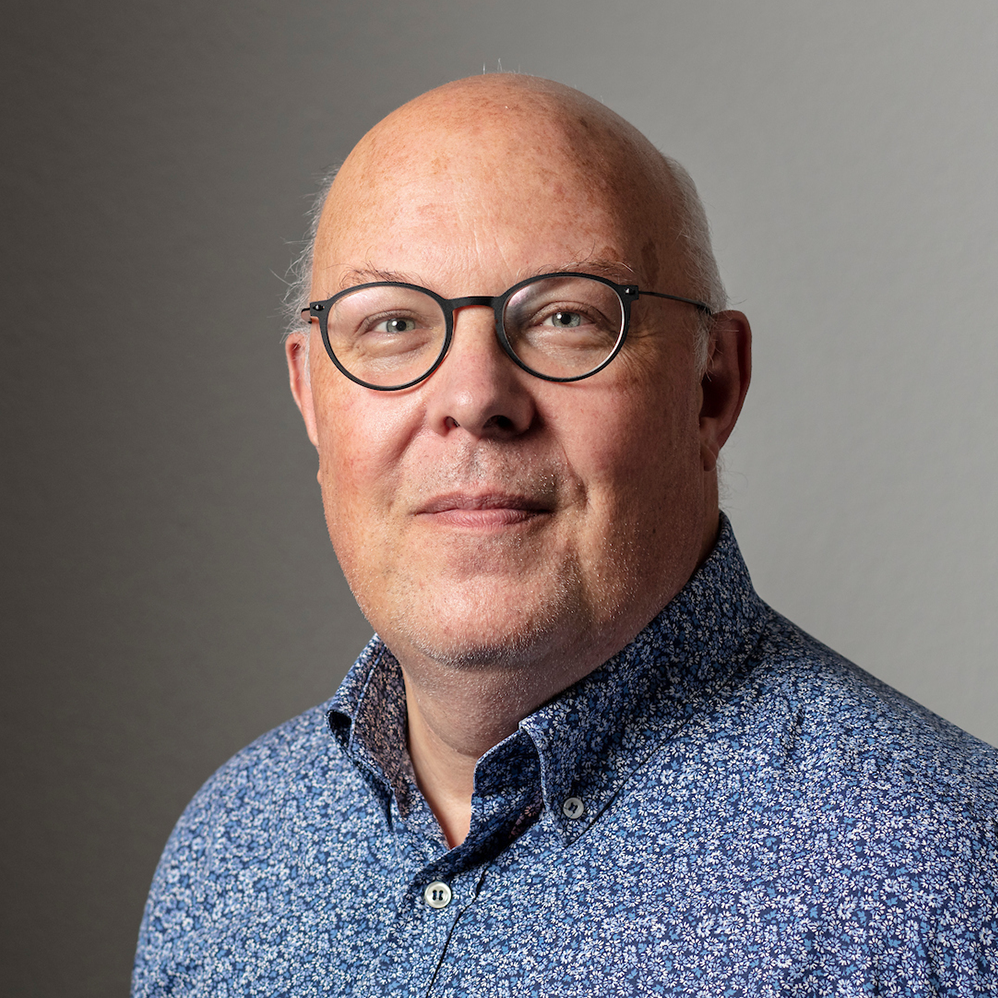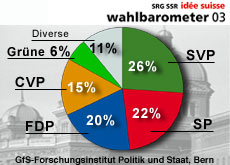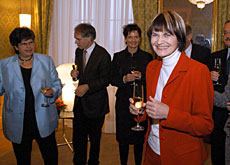Political campaign without a theme

While surveys show that the Swiss are preoccupied by the effects of the global economic crisis, this theme has not made its mark on pre-election debates.
The political parties seem more interested in the future composition of the new government.
For several months, the Bern-based GfS research institute has been publishing the results of its polls into the strengths of the different parties.
It has also shed light on the preoccupations of the Swiss population.
It has emerged that the Swiss are preoccupied by the economic crisis and the effect it would have on jobs.
Other concerns include the increase in health insurance premiums and raising the age of retirement.
A third of the population are concerned about immigration and asylum seekers.
In short, there are many themes that could be manna from heaven to parties in the throes of an election campaign – but none of them seem to have risen to the challenge.
Mathematical riddle
The future composition of the new government has aroused the most interest.
This is made up of seven members. Four parties are represented, chosen according to the “Magic Formula”.
This magic formula respects the language situation in Switzerland (four German-speaking ministers and three French and/or Italian) and the political strength of the four parties in government.
The problem is that this distribution – in force since 1959 – has no bearing on the political reality.
Currently the government consists of two (centre-left) Social Democrats, two (centre-right) Radicals, two (centre-right) Christian Democrats and one member of the (right-wing) Swiss People’s Party.
The popularity of the People’s Party has been on the rise since 1995 and this trend is likely to continue.
According to the GfS results, this party could emerge as the strongest party in the federal elections with 25 per cent of the vote.
Mathematically speaking, this would merit a second government seat.
Pressure
Conversely, support for the Christian Democrats has been in freefall for some years now and they have become the weakest of the parties in government.
The party will attract just 14 per cent of the vote in the elections, if the GfS results are to be believed. Some argue that, with two seats in the government, it is over-represented.
Christiane Brunner, the president of the Social Democrats, has said she could envisage one of the two Christian Democrat ministers being replaced by one from the People’s Party.
The Social Democrats have also applied pressure on the Christian Democrats in a poster campaign targeting the economics minister, Joseph Deiss. The apparent goal is to prevent the centre-right party from playing power games at the heart of government.
The Swiss president, the Radical Pascal Couchepin, has also thrown his hat into the ring by declaring that a second ministerial post for the People’s Party was “logical”.
Faithful to its nature, the People’s Party poured oil on the fire by demanding that the government resign en masse and regroup only after the general elections had taken place in October.
Attitude problem
In Switzerland, it is not the people who elect the members of the government but the two chambers of parliament. The determining factor is the number of seats that each party holds, which is good news for the Christian Democrats.
The party still has strong support in certain regions and is set to win a good number of seats, mainly in the Senate.
At the moment, the Christian Democrats have 50 seats in parliament, the People’s Party 52, the Social Democrats 58 and the Radicals 60.
This situation is not likely to change that much on October 19.
In any event, the attitude of the People’s Party poses a problem. During the last legislative period, it often followed a systematic policy of opposition for its own sake.
The other parties have to decide whether integrating a second minister from the right wing party would be in accordance with the principles of the magic formula, which has been in place for decades.
The whole debate on the future make-up of the government could just go on and on endlessly.
swissinfo, Olivier Pauchard (translated by Faryal Mirza)
Swiss political parties seem to have one theme on their minds this year – the future composition of the government.
With support for the Christian Democrats diminishing, should the People’s Party be given an extra minister in the government?

In compliance with the JTI standards
More: SWI swissinfo.ch certified by the Journalism Trust Initiative



You can find an overview of ongoing debates with our journalists here. Please join us!
If you want to start a conversation about a topic raised in this article or want to report factual errors, email us at english@swissinfo.ch.